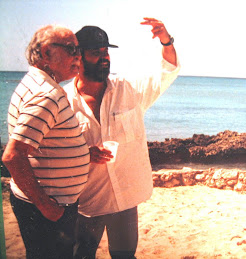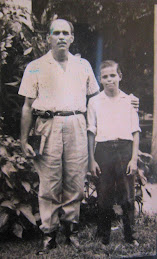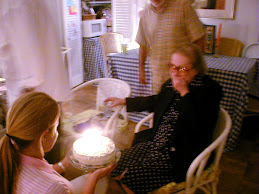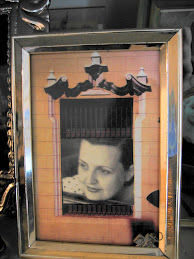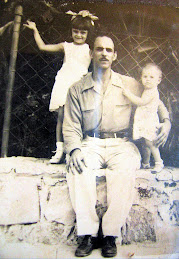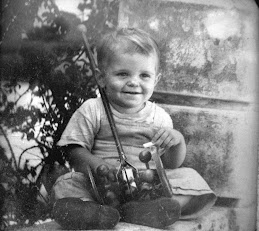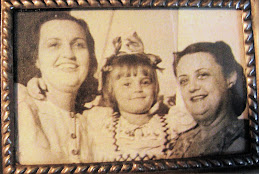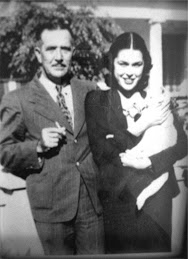When we moved to NYC in 1969 we lived in this historical building 7 years, thru the crazy NYC's 70's.
By chance. not knowing its History nor the kind of 'show biz' wild neighborhood it was in -mami found this large furnished apartment walking distance to our jobs (papi and Leon 2 blocks away) and 4 blocks to my job as Ticket Agent for Iberia Airlines. It was only $300 a month -and she took it instantly!
And it was quite an esperience!
Prostitutes in hot pants and super-pimps & flashy pimp-mobiles shared the streets with dancers from the Rockettes and artists! Mami would go to work skipping drunkards sleeping next to the Broadway theatres & in her naive way asked them "please dont drink so much". It was such a surreal time, but we always felt safe. And now I realize we were in the midst of an amazing time in New York.
Since I was single my 'dates' would always be surprised that such a nice family lived in such a 'hot' area of NYC. And in that apt 114, sitting on a black sofa while visiitng my father, I met my future husband Orlando Jimenez Leal!..Many friends & family used that living-room sofa bed when visiting NYC -and my brother even brought his French girlfriend Francoise (and her 9 months old son Papoose!) to live with us. When she left to Paris for good we all cried at the baby´s departure!
What a grand NYC beginning for all of us!
This is the NY Times article
http://www.nytimes.com/2014/12/30/nyregion/for-90-years-the-whitby-has-been-a-bastion-for-broadway-performers.html?smid=fb-share

On a ceaselessly rainy day this month, the residents of the Whitby gathered inside the lobby of the grand old building in Manhattan for its annual Christmas party. Children crawled and darted around the legs of clustered parents. Plastic folding tables were laden with nuts, cold cuts and pizza. Soda and wine sloshed in disposable cups while the lights and ornaments twinkled on a small artificial Christmas tree.
Conversation turned predictably to children and work, as well as to the shows people had seen. More often than not, these were one and the same.
“I’ll be out on a job and see someone I think I recognize from a past gig,” said Paul Ford, a rehearsal pianist and frequent Stephen Sondheim collaborator who has lived at the Whitby since 1983. “We’ll get to talking, and it turns out I know them from the elevator.”
Since it opened in 1924, the Whitby, a stout beige building with 217 units on 45th Street just west of Eighth Avenue, has attracted artists, performers, writers and stagehands. In fact, it was the first residential building in the city created especially for them, not least because performers were often shunned for their odd hours, odd lifestyles and, most of all, odd bank accounts. A “No Theatricals” sign from the era hangs in the management office as a joke.

“Most actors were considered deadbeats in those days,” said Austin Colyer, who has spent most of his life at the Whitby since moving there in the 1950s. A frequent presence on Broadway until the past decade, this lean 85-year-old was also active in its union, Actors’ Equity, and founded the Whitby’s tenants association to combat a string of nasty landlords in the 1970s and ’80s. His apartment is stuffed with 130 bound collections of Playbills from all the shows he has seen over the years.
“People used to stop me all the time in the hallways and ask if I could get them into Equity,” Mr. Colyer said, sitting in the lobby where he regularly holds court. “And I’d always say, ‘Sure — just tell me what you’ve been in.’ ”
Mr. Colyer may be among the last of his generation at the Whitby, but he is not the last of his breed.

For all the changes that have come to Broadway, where the only thing more drastic than the astronomical ticket prices are the astronomical rents for apartments in the area, the Whitby has largely remained a bastion for performers and their patrons. But rather than being a haven for struggling artists, the building is now much more a home for successful ones.
“Like any New Yorker, I guess I was worried about the changes,” said Micki Frein, president of the co-op board (the building converted from a residential hotel in 1986). “But in spite of everything, the building still attracts artists and creative types. They just love the character of it, since most things in the neighborhood are shiny and new or totally rundown.”
The property, at 325 West 45th Street, was built by one of the most successful development partnerships of the prewar era, the builders Bing & Bing and the architect Emery Roth. They are responsible for such standouts as 1000 Park Avenue, at 84th Street, and the Southgate, on East 52nd Street. The Whitby was less distinguished though still impressive, with its three sturdy bays and rippling brick cornice. What the actors especially valued, though, was the telephone service, a rarity in the day that kept them apprised of all their callbacks.

Among the stars who came to reside at the Whitby were Doris Day, Betty Grable, Clarence Derwent, Diane Ladd and Wallace Shawn, as well as Al Capone, though legend says it was the showgirls, not the amenities, that drew him there.
Michael Apuzzo came two years ago for proximity to both Broadway and Lincoln Center, where he regularly performs as a dancer with the Paul Taylor Dance Company. It helps that Broadway Dance Center is across the street.
Like many units in the building, his first-floor studio is small and spacious, a testament to Roth’s keen use of space. The walls are decorated with mementos from tours with the company to such places as Istanbul (decorative tapestries), San Francisco (photos on the beach) and Spoleto, Italy (a festival poster). Mr. Apuzzo has a Murphy bed precisely so he can keep the center of the room clear to practice.

“It’s so nice to walk through the building and hear people singing or playing the piano,” he said. “It’s inspiring, and you know you won’t bother anyone when you’re rehearsing.”
One of the youngest thespians in residence, Hayden Wall, 11, feels a connection with the building, as though the spirits of past performers are inspiring him as he makes his Off Broadway debut in “The Soul Doctor.” His parents started renting a one-bedroom apartment from its owner, leaving behind their suburban home in Syracuse, and now the family spends most of its nights in two beds at the Whitby, so their son can chase his dreams.
“I feel honored to have the torch passed to me,” he said.
Even those who do not work in the theater tend to have some connection. Ms. Frein, the board president, used to be a theater manager and wanted to stay close to her friends, even though she went into finance decades ago. Emilio Casarez and his partner both work at JPMorgan Chase, but rather than a downtown loft or uptown sprawl, they chose the cozy Whitby so they can visit the theater on the nights they are not working late.
Douglas Bellitto, a broker at Brown Harris Stevens who once aspired to the stage, handles many sales in the building these days. He is just as likely to sell an apartment — like a recent one-bedroom for $485,000 — to a pediatrician from Philadelphia as he is to a successful playwright.
“Her daughter is a ballerina, though,” Mr. Belitto said of the pediatrician, “and they come here at least once a month for the shows

+azul.jpg)







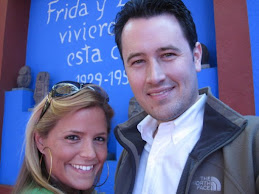.jpg)
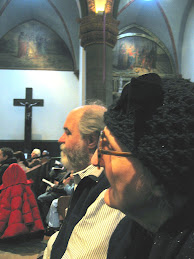

















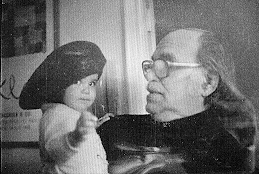.jpg)



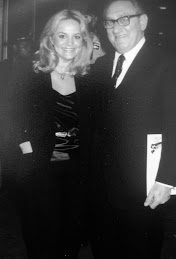.jpg)

.jpg)










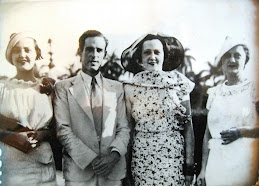

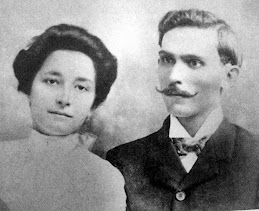


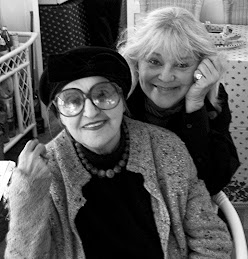
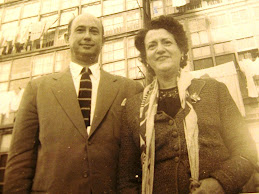
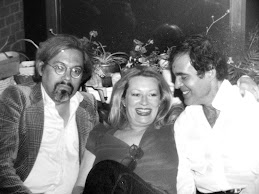
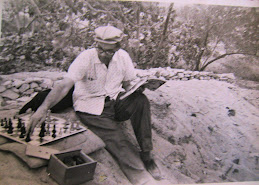
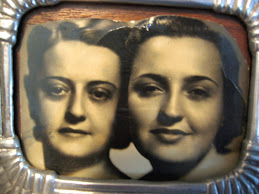
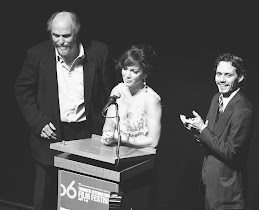
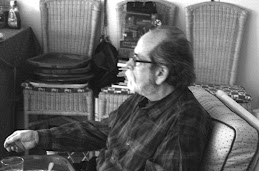


.jpg)

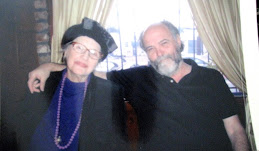
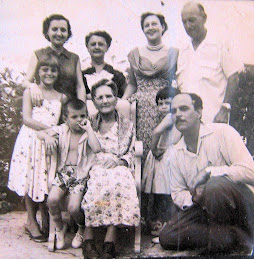
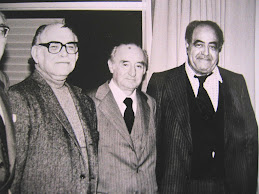
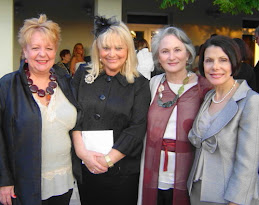

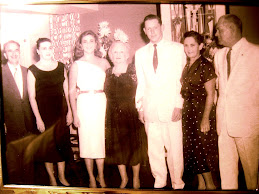
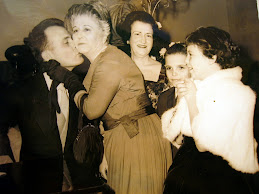

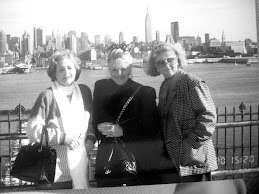

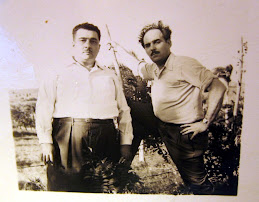
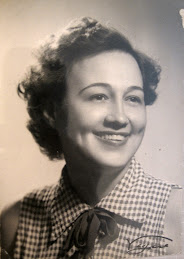

.jpg)
